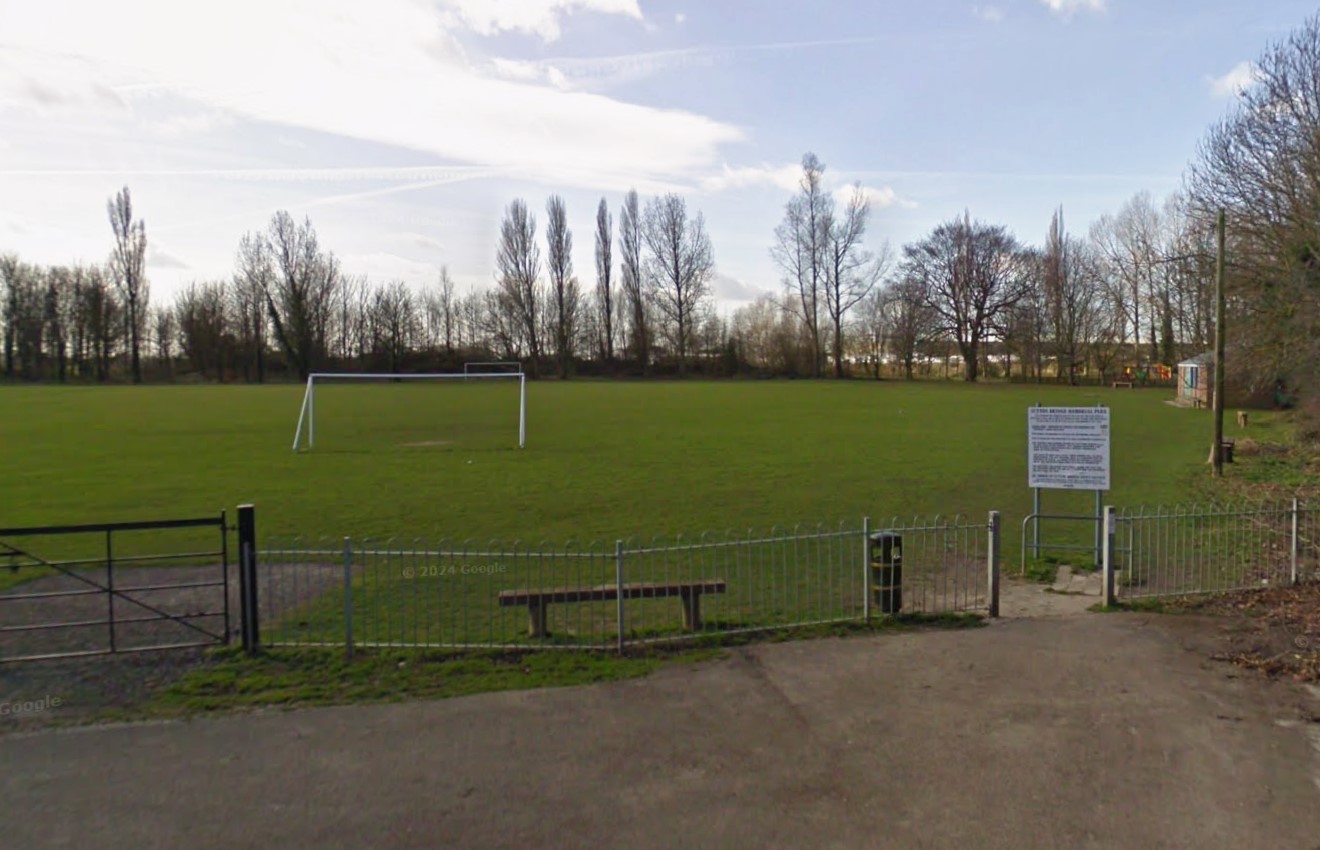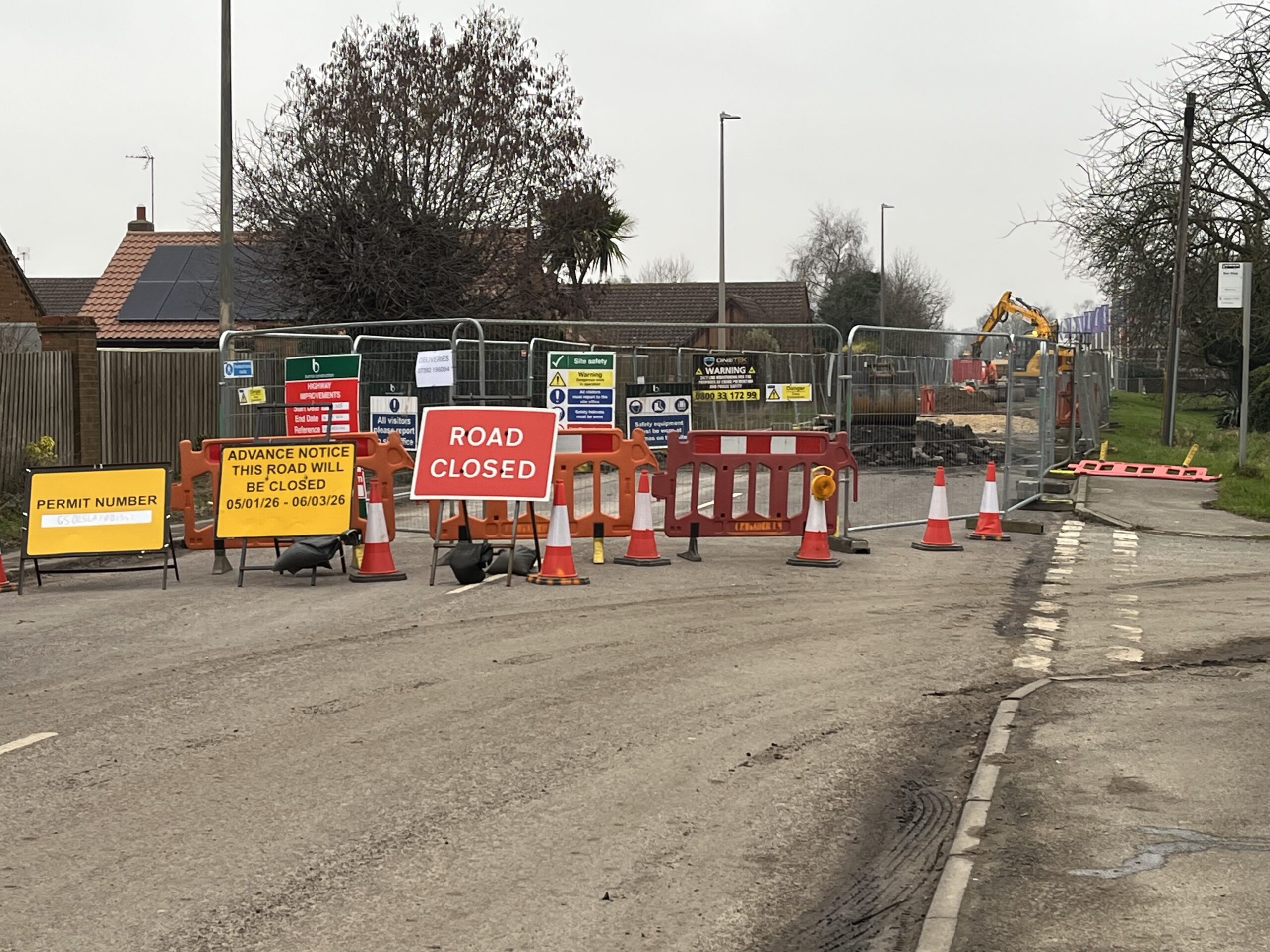“Intensive support” is still needed to improve standards at South Holland primary schools a year after almost half were found to be “requiring improvement”.
During the summer of 2013, it was identified that 17 of the district’s 35 primary schools (48 per cent) needed to improve – compared to just 20 per cent in the whole of Lincolnshire.
It led to the launch of a two-year South Holland Project for Rural Primary Schools, aimed at identifying problems faced by schools in the district and overcoming them to raise pupils’ attainment levels.
But problems of weak leadership at a minority of schools and difficulties with recruiting high quality teachers mean only four of the 17 schools previously judged as requiring improvement have moved up to a “good” grading after two terms.
Three primary schools have failed to reach a “floor standard threshold” of 65 per cent of children attaining level four or above in the “three Rs” and will be a project focus over the next year.
An interim report, which will go before Lincolnshire County Council’s children and young people scrutiny committee tomorrow, also highlights concerns that the move towards using the district’s “strongest leaders” as executive headteachers, sometimes with responsibility for more than one school, risks “burdening [them] and impacting on their wellbeing and effectiveness”.
But the report shows that there has been “noticeable improvement” in standards of reading, writing and mathematics at key stage two (up 2.2 per cent), while the number of schools judged by education advisers in annual summary reports as “good” or better for achievement has increased from 50 per cent to 71 per cent.
The report suggests a number of potential factors that may have contributed to problems in South Holland’s primary schools, including rural deprivation and an historic perceived culture of low expectation, particularly for more able children.
There has also been difficulties of schools being isolated and not working together to share expertise and resources and of good teachers and leaders “moving on” quickly leading to a lack of continuity and stability.
Good quality governors who have the skills to drive schools forward have also been hard to come by and in some schools, leadership teams have been slow to identify and tackle under performance.
The project has allocated enhanced education advisers to struggling schools, focusing on monitoring school leadership and taking action to accelerate pupils’ progress.
It is also looking at helping schools to work together and providing extra support and training for teachers, managers and governors.







